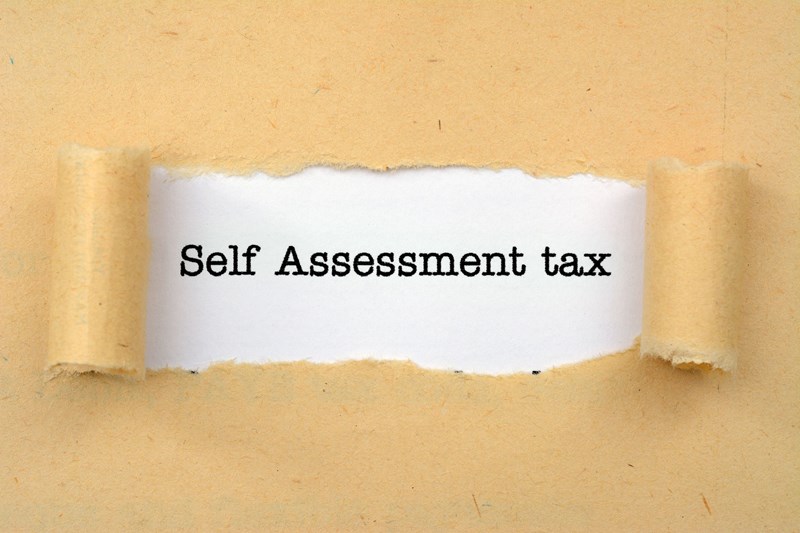The government announced back in September that the introduction of Making Tax Digital (MTD) for Income Tax Self-Assessment (ITSA) is being delayed by one year until April 2024. There had been widespread concerns on the speed of the MTD for ITSA rollout and the delay was widely welcomed.
In tandem with this announcement, the government also announced that proposals for Income Tax basis period reform would also be delayed until the 2024-25 tax year with 2023-24 being a transitional year. The proposals change the basis period from a ‘current year basis’ to a ‘tax year basis’. Under the current rules there can be overlapping basis periods, which charge tax on profits twice and generate corresponding ‘overlap relief’ which is usually given on cessation of the business. The new method of using a ‘tax year basis’ removes the basis period rules and prevents the creation of further overlap relief.
Does this affect you?
This change will only affect self-employed businesses which draw up annual accounts to a date different to 31 March or 5 April, and businesses that commence from 6 April 2024. On transition to the tax year basis in 2023-24, your taxable profit that year will cover the period from the end of the accounts used in your 2022-23 Tax Return up to 5 April 2024. While any outstanding overlap relief will be deducted, this could still give you an inflated tax bill to pay in 2025. The good news is that HMRC will automatically spread payment of this extra tax over six years, unless you wish to voluntarily pay it sooner.
Here’s a theoretical example. A sole trader started business on 1 January 1990 and has been preparing accounts to 30 April every year:
- His first tax return was therefore 1989/90 and included profits up to 5 April 1990.
- His second return, 1990/91 had to report his profits for the first 12 months of trading, 1/1/90-31/12/90.
- His third return 1991/92 used his accounts for the 12 months to 30/4/91.
How does “overlap relief” work?
As you can see, profits 1/1/90-5/4/90 and 1/5/90-31/12/90 – just over 11 months – were taxed twice in these early years, and these “overlap profits” will be deducted when the business changes to a 5 April accounting year in 2023-24. That year his Tax Return must include his profits profits for the period 1 May 2022 to 5 April 2024 – 23 months profits! The trouble is, the longer a business has been running, the less those early year’s profits will be worth after inflation – and many new businesses make little or no profit in their first year anyway, so the profits taxable in 2023-24 could well be significantly higher than previous years.
How can we help?
First of all, if you prepare your annual accounts to a date other than 31 March or 5 April, speak to us now so we assess the options.
Were your profits – including support payments such as SEISS grants – in 2020/21 or 2021/22 significantly lower than previous years? If so, you might be able to move to a 5th April year end now and avoid a big tax rise in 2025.
We can look back in our files, check if you have any overlap relief available and estimate what the impact might be in 2023-24. We might need to do some research and digging around if we weren’t your accountants when you started your business – experience shows that HMRC don’t always keep a record themselves of overlap relief.
Could this be a good time to transfer your sole trade business into a limited company? It’s always worth considering if there would be tax savings to be achieved, and we can do the sums for you and discuss the implications of changing.
Some clients are seeing this as the opportunity to retire altogether, but in that case the timing is still critical and you should be discussing this with us now to see when would be the best time in order to minimise tax.




